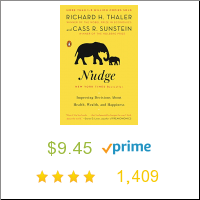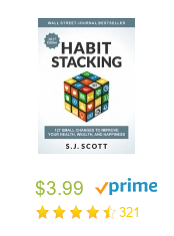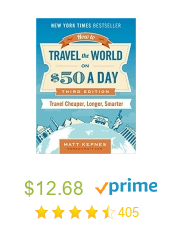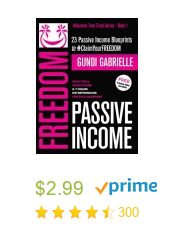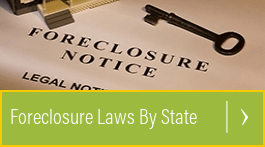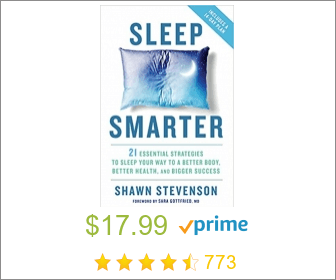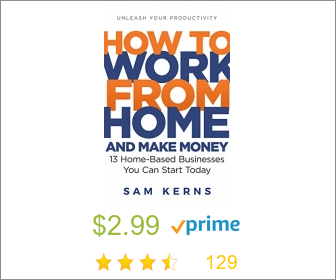
8 Mortgage Rate Facts To Help You Get The Best Home Loan

Useful Tips On Home Loan Rates
The process of searching for a home loan can be confusing and a little daunting, and it's often the same for first-time and seasoned home buyers. Getting the best rate is not that easy; it requires some research and negotiations. A lot has changed in the real estate market, so if it's your second or third time to buy a house, it's likely that you will have a harder time getting the rate that you obtained when you bought your first house. The information below will give you some details that will hopefully help you in securing a good and suitable rate for your home loan.

1Finding The Best Rate
So everything is all set. Your finances are in order, you already found a house that you like, you discovered a good loan program and discussed your options with a reliable loan officer - you are definitely ready. Now, one of your most crucial actions is finding the best rate. To do this, you should have an understanding of how such numbers are determined, what factors can change them, and when rates change.
In general, interest rates are specified by lenders when the markets open every business day. There are several indexes, but when it comes to a fixed-rate mortgage, its price will be dependent on the mortgage bond that it's set to. If the yield of that mortgage bond is reduced, the interest rate is also lowered by the lender and vice-versa. The same is often done with flexible rate mortgages, too.

2The Rates Trend
In case you have an ARM (adjustable-rate mortgage) based on a one-year treasury model, it's possible for your interest rate to increase or decrease based on the ongoing price of that one-year treasury. The same is true for other loans that are also based on specific indexes. If the index that a particular loan is set rises or falls, the rate will also follow.
Also, understand that it is your loan officer, and not your lender, who will have more authority over your mortgage rate. Mortgage bankers and major banks that operate on a national level also quote specific rates regarding certain products, and there are no exceptions for the variance. If a lender tells you, "Loans ranging from $300,000 to $417,000 will have a 7.0% rate with one point," then this is what you will need to pay.

3Providing Crucial Information
National lenders typically utilize a database, where they can get all pertinent information regarding a particular loan applicant. When you are searching for the best mortgage rate that you can readily afford given your present financial standing, you should be aware of a few things. In case you are directly working with a retail bank or a national loan provider, you will be required to answer a couple of questions regarding your financial situation and other related issues.
A specific rate will be quoted depending on the answers that you've given. At this time, the loan officer is obligated to inform you that the interest rate will likely change each day. This individual will assist you in finding the best rate so that you can then process your mortgage application.

4Associated Fees To Be Incurred
There would be an orientation fee if a certain loan office were offered a fifteen-year fixed rate loan at 5.5%. A loan officer will charge for his services, and there's no required minimum amount regarding that. Nevertheless, a lender can still put a cap on the amount of money that a loan officer is allowed to make.
Moreover, if a lender promises to get you a two-point rate, he cannot guarantee this, particularly if there are also other lenders in the same area who offer the same rates with no or zero points. As for a lender who often provides rates that are usually higher than most of his competition, he won't last very long in this business. Additionally, the Federal Reserve does not have control over mortgage rates, although they can determine the interest rates.

5Federal Funds And Discount Rates
The Federal Reserve can set either the Federal Funds rate or the discount rate or both. In other words, the money in circulation is mainly controlled by the Federal Reserve, and they can do this by changing the interest rates. An increase in the interest rate will lower the cash flow, and the opposite occurs when the interest rates are reduced. Hence, interest rates are changed and determined by the Federal Reserve.
In general, these changes are short-term and highly dependent on current economic conditions, which is why such rates change frequently. When banks lend and borrow money, they also follow the rate stipulated by the Federal Funds. According to the law, all banks must have a reserve, which pertains to a specific amount of money.

6Reserve Below Specified Threshold
If a bank's level of reserve goes down below the specified threshold, regardless of any reason, it is required to borrow money from another financial institution, often a bank, to maintain the required reserve amount. This means that banks do lend each other money at hugely discounted rates. When the economy is at a lull and needs to be stimulated, the Feds lower the interest rates to encourage people to borrow more at deeply reduced rates. Through this, Feds hope to push businesses to get loans so that they can employ more people, create more innovative products, or build new manufacturing plants.

7The Trick To Mortgage Interest Rates
When it comes to mortgage interest rates, the Fed has no jurisdiction over that. Instead, financial analysts try to predict the Fed's next move, and investors set the rates in the hopes of bringing in significant profits. As regards to the bond market, the rise and fall of prices are often heavily dependent on what the public does.
When prices increase, interest rates also go up; when prices go down, so do the interest rates. Whenever the Fed reduces the interest rates, it is trying to stimulate the economy by encouraging people to take out loans to purchase real estate or to refinance. When the Fed increases the rates, it wants to hinder inflation.

8How The Fed Makes Economic Decisions
Instead of allowing a recession, the Fed will make economic decisions to propel the economy forward, and they evaluate the entire economy with emphasis on some factors or reports that heavily impact this sector. If the report that comes out is positive, interest rates are more likely to spike. Still, some reports that cover a specific period must be meticulously analyzed to come up with a prudent decision. No one knows what factors the Fed watches, but many sources or experts also try to make predictions about the Fed's next move using relevant information.
Now, you know that mortgage rates aren't just numbers; a lot actually goes on that lead to the determination of such rates. Hopefully, the info above will help you to understand how mortgage rates change and how these are set. In case you are still confused about all of this, perhaps it's high time for you to find an expert real estate lawyer or a reliable real estate expert who can guide you. With some diligence, you will definitely find a great rate!
About Author
Jackie Wing
GET THE FREE MAGAZINE DELIVERED STRAIGHT TO YOU:



